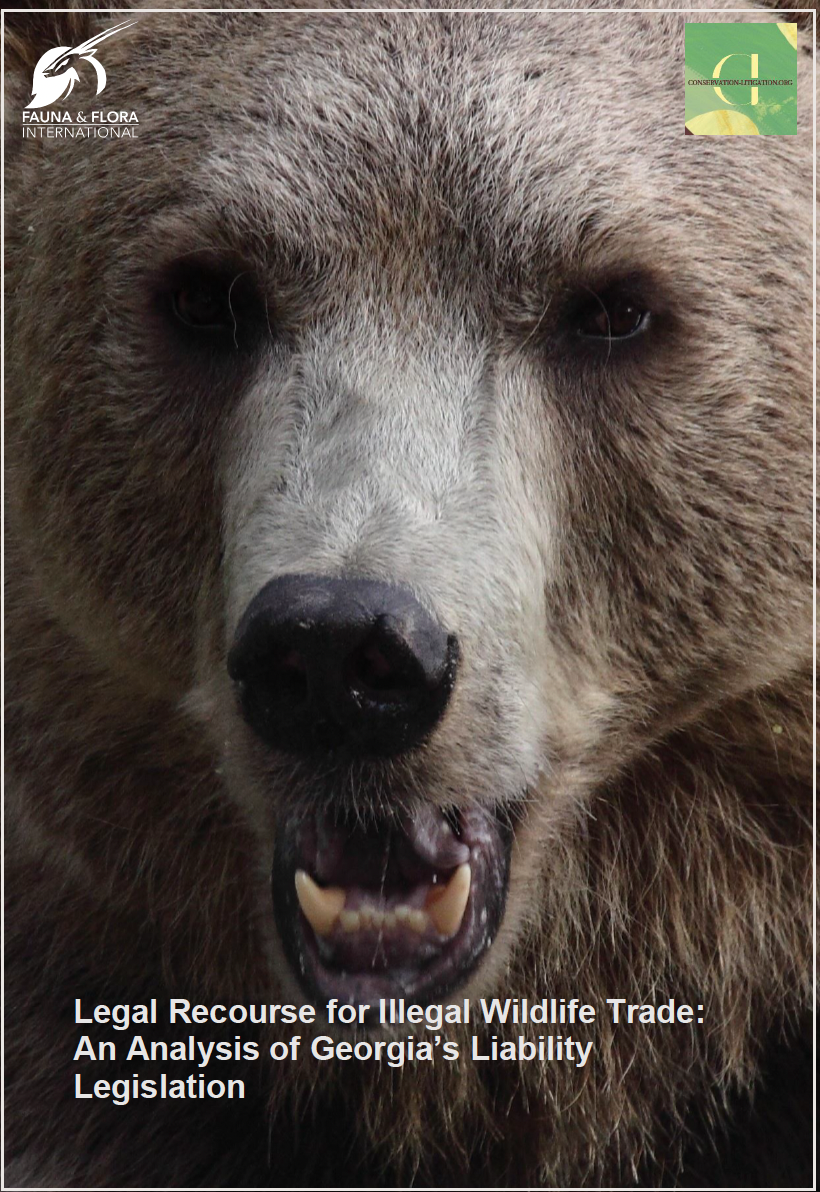Georgia’s new environmental liability law could help threatened wildlife
Georgia’s new liability law provides important opportunities for conservation. In cooperation with FFI Caucuses Programme and Caissa Law in Tbilisi, we are pleased to share our new report, Legal Recourse for Illegal Wildlife Trade: An Analysis of Georgia’s Liability Legislation. It explores how Georgia’s latest environmental legislation has the potential to help protect threatened wildlife.
Georgia’s most iconic species are under threat — sturgeon are poached for caviar, wolves and bears are illegally killed, and birds of prey are trapped. This causes significant harm to the environment.
Traditional criminal and administrative fines and prison sentences are important to punishing offenders of wildlife crimes, but offer little consolation when the harm has already occurred. However, Georgia’s new legislation provides an important additional tool for conservationists.
As from 1st July 2022, when Georgia’s new Environmental Liability Law enters into force, those responsible for illegal wildlife trade and the cascading harms it causes can be held legally responsible for providing remedies for those harms. This introduces an important additional tool for addressing illegal wildlife trade – beyond traditional criminal procedures focused on fines and imprisonment, and beyond administrative sanctions focused on monetary compensation.
This report explores how the new legislation could be used to tackle illegal wildlife trade. It explores the details of Georgia’s legislation to understand the processes, opportunities and challenges facing practitioners.
Holding violators responsible for providing remedies can help the environment, and create profound deterrent effects, and broad social messaging.
This piece of legislation is based on the “polluter pays” principle and applies to scenarios where significant damage — which includes illegal hunting and trade of Georgia’s most threatened species — is caused to the environment. In these cases, the responsible actor is requested to restore the environment exactly as it was before the harm occurred (baseline condition).
The new law is an important advance for biodiversity and habitat conservation and restoration in Georgia. It is incumbent on government agencies, and conservation and wildlife rehabilitation NGOs, to help ensure it is actively used.


